At the Canadian Explorer Quotient, I am considered as Cultural Explorer. This means that I am completely immersed in cultural environment and try to get the most out of any travel situation. I also don’t like strict travel plans. Although, before the trip, I have a short list of places to visit, but I come up with the main share on the spot and am always ready to change my plan in accordance with the situation. I believe that it is impossible to know the visited place through group prescribed tours. Traveling on comfortable excursion buses and living in elite hotels do not provide an opportunity to communicate with real local people, learn personal or family stories and learn their language, which is the most effective way to learn about the culture, the history and the mentality of the people.
Cultural Explorer has the following characteiristics:
- positive
- open-minded
- curious
- risk-taker
- flexible
- easy-going
- energetic
- creative
Read about more travellers types in my blog!
I was born in Moscow, in the Russian Federation. Moscow is a huge, fast-growing, multinational metropolis that attracts huge numbers of people from the former Soviet Union and around the world in search of a better life and income. My father’s parents settled in Moscow after wandering around the country in the hungry post-war years and originally came from the northern Russia, my mother is a native Muscovite, both are Russians.
Since Moscow is essentially a big melting pot of various cultures and religions, I always wanted to see how people live in their original places, their way of life, traditions, culture and history. In 2017, I had a chance to go on an ethnographic expedition to the Republic of Karelia, a region in northern Russia that is home to the Karelians, an endangered Finno-Ugric ethnic group that has almost assimilated with Russians or with Finns. Since the group with which I went there consisted mainly of the same young cultural explorers, we had the chance to meet and chat with the locals in a cafe, learn their stories and know more about their culture and some of their language.

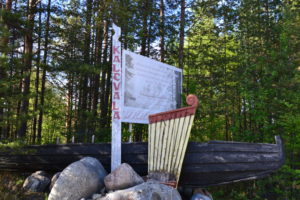
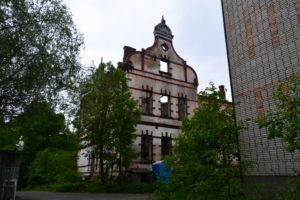
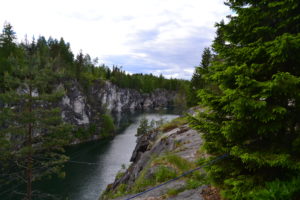

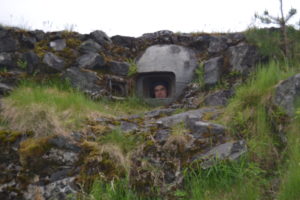
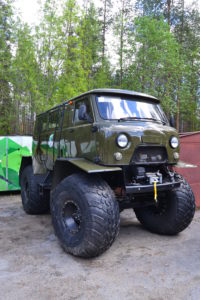
Thus, the example of my trip to Karelia is an example of an ideal travel for cultural explorer. It combined the study of history and culture, involvement in culture, self-development and information gathering. This is exactly what I want to have in my future travels.
The Vologda Oblast, the homeland of my ancestors, is the second most significant place for me after Moscow. As a child, I spent the warm season there, and my father was always fascinated by the history of our ancestors, so since childhood I have always listened to the stories of those who are older, and also often traveled around the Vologda Region exploring its sights. So I can be seen as personal history explorer. I also became interested in the history of my own family after moving to Canada. Homesickness played this major motivating role.
